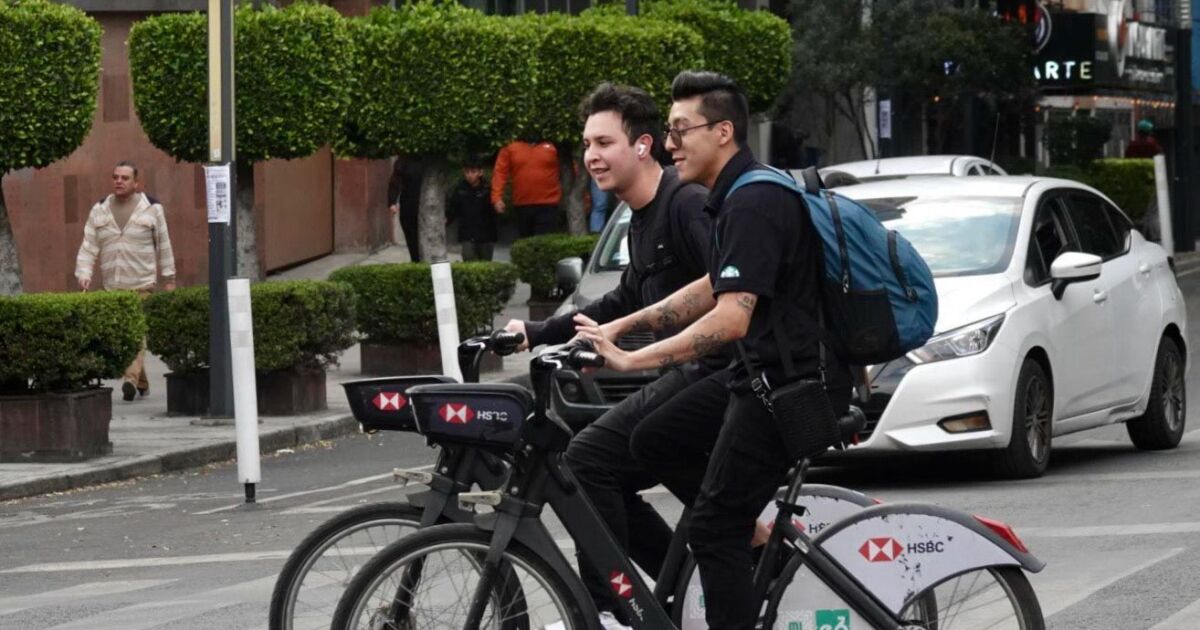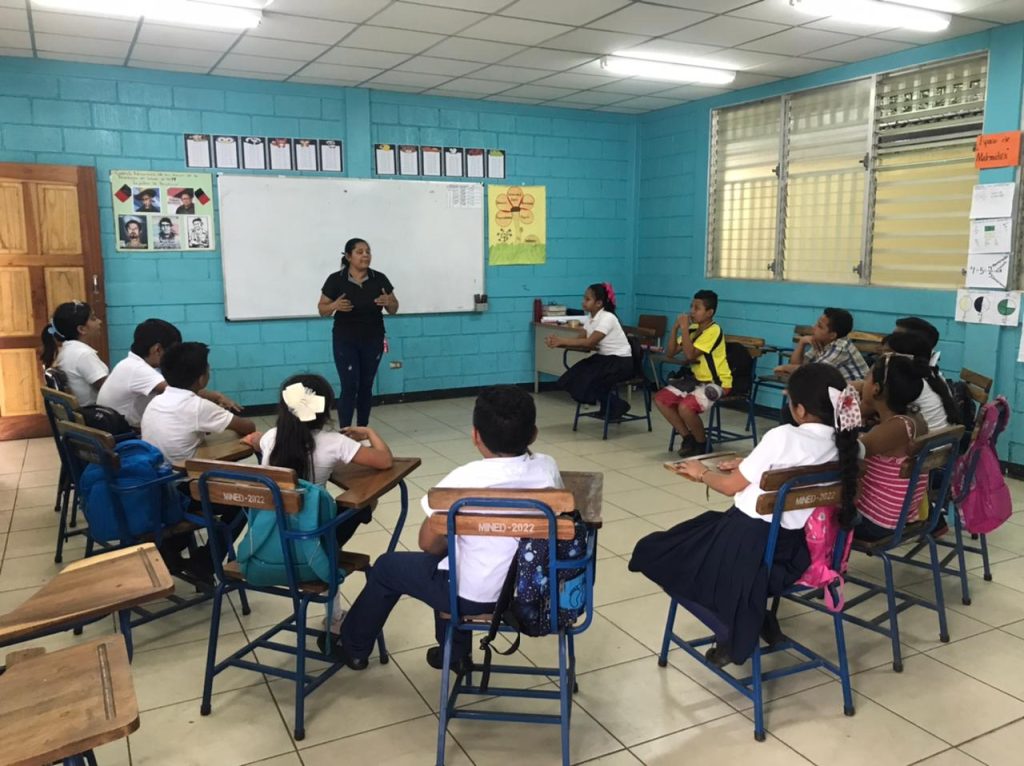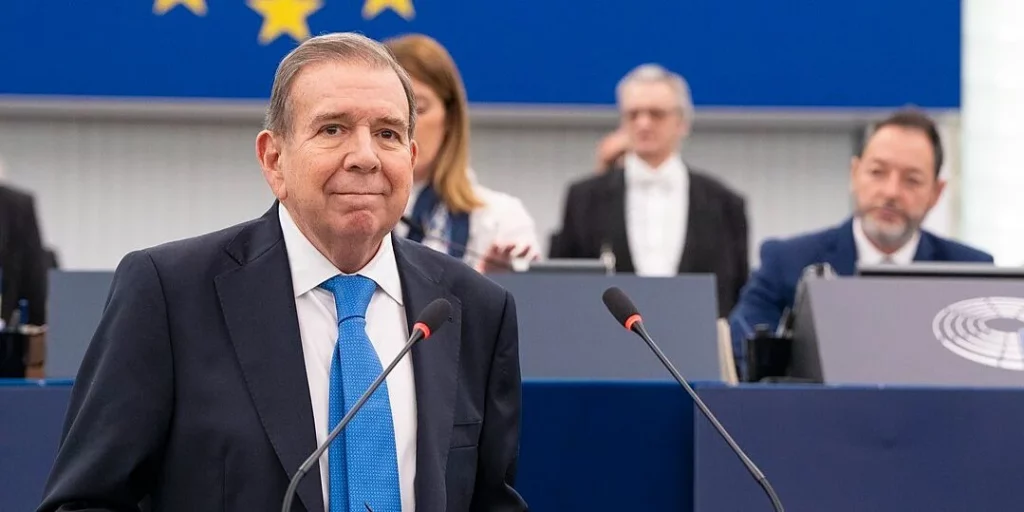“The EcoBici bike-sharing system has experienced a 40% growth in the number of stations, now reaching 690, with a robust fleet of 9,300 bicycles served by more than 535 kilometers of cycling infrastructure,” indicates the Policy Institute for the Transport and Development (ITDP) and the Sustainable Transport Award Committee.
The 2025 Sustainable Transportation Award, which recognizes cities that have implemented innovative projects in this area, was awarded to the city of Dakar, capital of Senegal, in Africa, along with the honorable mention to Mexico City.
In the case of the Mexican capital, the Metrobús system also stands out, in which investment has been made in adding electric vehicles, in addition to extending the service lines by 30 kilometers.
“Mexico City’s strategies seek to encourage more people to use its BRT networks, cable cars, trolleybuses and bicycles, instead of private vehicles,” he points out.
The Cablebús is added, a cable car system with three lines that serves around 142,000 people per day along 25 kilometers, connecting citizens especially on the outskirts of the capital. In addition, the renewal of the trolleybus network has been promoted, which has 500 electric units, and connectivity has been improved through the Integrated Mobility Card.















